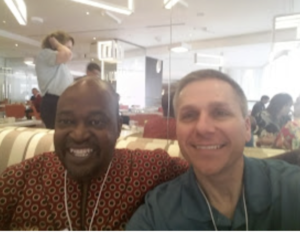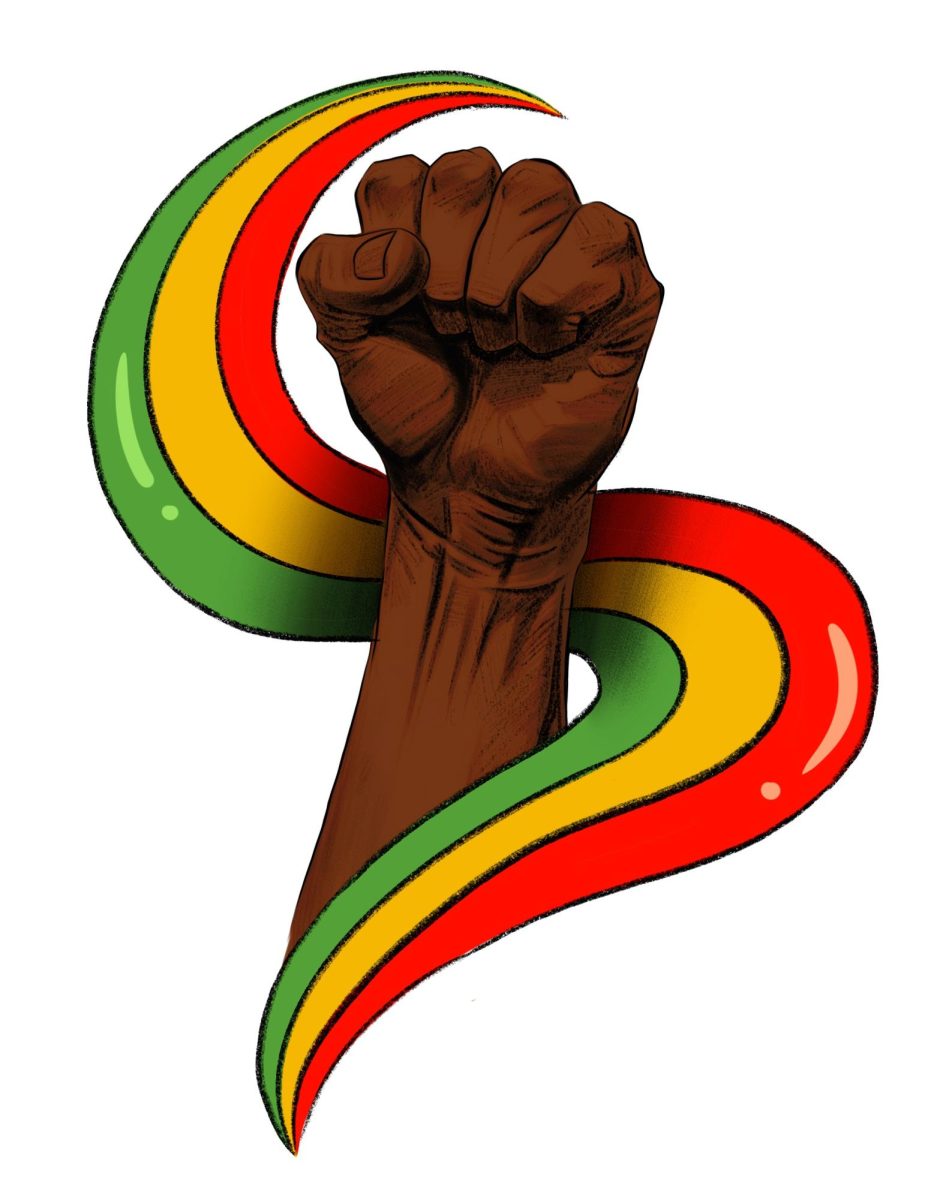
On the other side of the world, just short of the vibrant coast of southwest Africa, famine had overcome Malawi. Food had become a detrimentally scarce commodity, and as one empty dinner table led to the next, children were forced to help their families forage for food, rendering them unable to attend school for long periods of time. Despite the country having already been the third poorest country in the world, a 2015 drought only gave the nation’s youth even less of a chance to complete their education and obtain the invaluable experiences that we so often take for granted. This devastation persisted for years, and is still a national crisis to this day. But, over 8,000 miles away from the country, this circumstance is not one that has been completely ignored by Evanstonians.
Dr. Mark Vondracek, perhaps one of the most active and accomplished teachers in the faculty of ETHS, was selected as one of the top 50 teachers in the Global Teacher Prize by the Varkey Foundation in 2015. In Dubai, where the summit was held, he came across another top 50 finalist: Andrews Nchessie from Malawi. From him, Dr. Vondracek learned about the situation in Malawi, and took interest in helping out.
“A small group of us became friends, and we just decided that we can’t let that happen again. We have to help them keep the kids in school and be fed,” Vondracek says.
‘Give a man a fish and you feed him for a day; give him a fishing rod and you feed him for a lifetime’—that was the mentality that the Malawi fundraising team approached the situation with.
“The people there don’t want to be sustained by the outside, they want to be self-sufficient,” Vondracek elaborates.
Instead of sending food to the schools, the Malawi fundraising program helps schools purchase land, seeds, and fertilizer such that they can create a stable source of crops to procure meals for the students. This innovative aid system has proven itself an extremely effective method to fight food scarcity, with the program expanding its scope of aid greatly.
“For the first few years, when we were working at two schools that were doing this, one harvest was enough to feed about fifteen hundred kids, and they added some irrigation systems so that even during the dry seasons they could still maintain the crops,” Vondracek explains about the program’s inception, “and now we’re trying to help over twenty schools.” The program’s contribution seeped past the schools as well, as excess food is sold to the villages, stimulating growth in the nation’s economy.
Of course, this entire operation is sustained by nothing more than charitable donations and the volunteers’ time—the exigency of which is hard to satisfy.
“We have to help feed an order of ten thousand kids for an entire school year,”. Vondracek says, which is by no means an easy task. With this enormous demand, the initiative appreciates every donation that comes their way. Donation canisters are passed around ETHS every year to procure as much funding as possible, so every bit helps.
But to what extent can we help the schools in Malawi? It should go without saying that money is not freely lent, and each person can only donate so much. But the U.S. dollar is strong. In fact, one USD is equal to over a thousand Malawi kwacha. Given that there’s about four thousand people in the school, if everyone donated just a quarter, that would give the schools in Malawi over one million kwacha to work with. “There’s a lot they can do with that,” according to Vondracek. The weaker Malawian economy means crops can be sourced for cheaper relative to the United States, so every contribution from us is of exponential value to the schools in Malawi.
The initiative in Malawi is inspiring, a testament to the power of charity and service. For Vondracek, it’s about planting the seed, to show the community that our contributions matter, and that our ideas can be realized. “It’s unlike any other era in human history. Students, teens, you have the means of taking action.”
As a community, we should not suppress any of our desires to help out people in need. Somewhere in the world, whether it’s in Evanston, or on the other side of the globe, people will need help, and with modern technology and communication, we have the power to help others like no other time before. So volunteer at that event that interests you, make that passion project that came across your mind a reality, and know that you can make a difference.
For those interested in donating to the Malawi initiative, Dr. Vondracek accepts cash donations at H322, and digital donations can be made via the “Evanston for Malawi” fundraiser on Gofundme.





